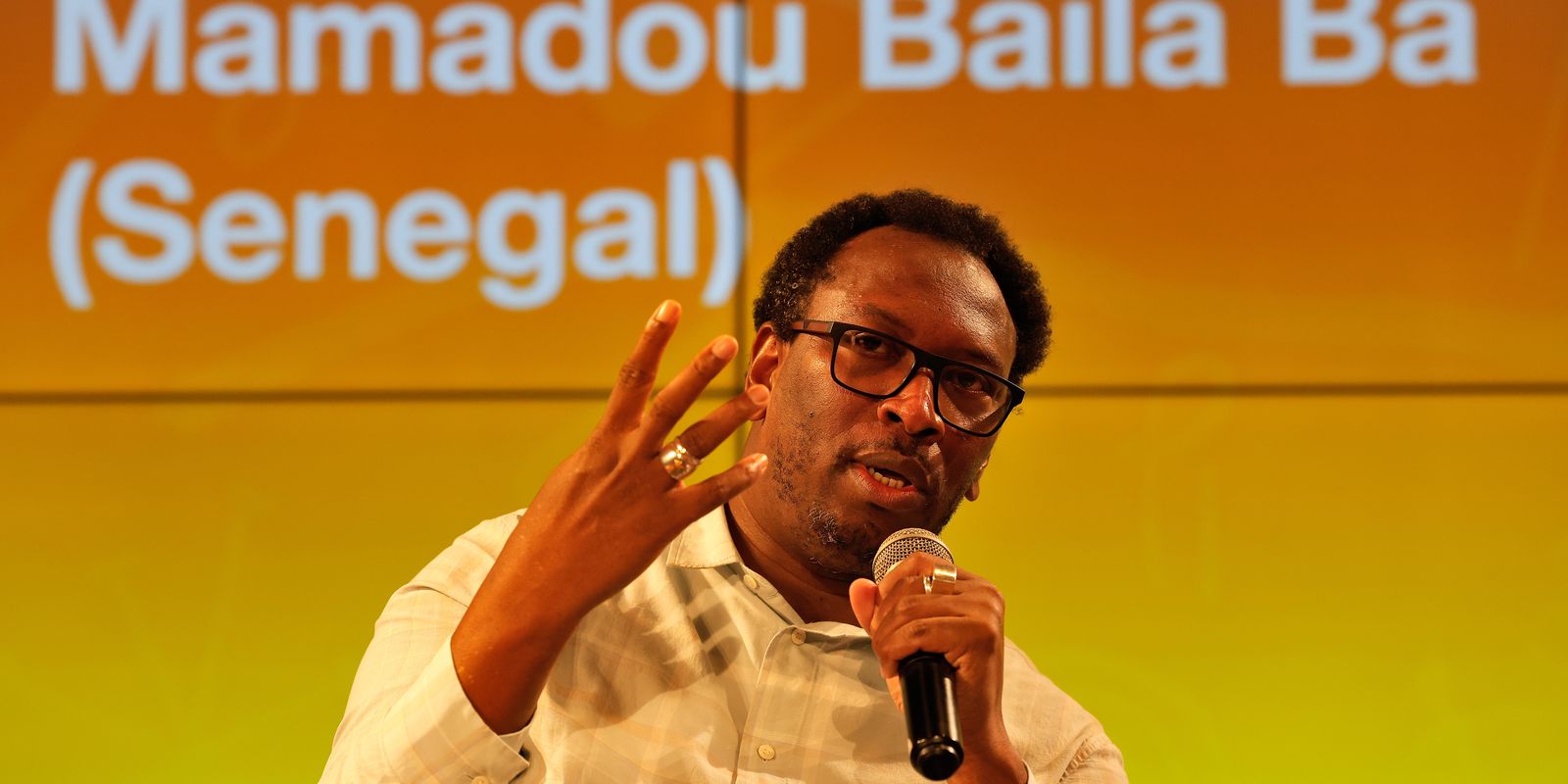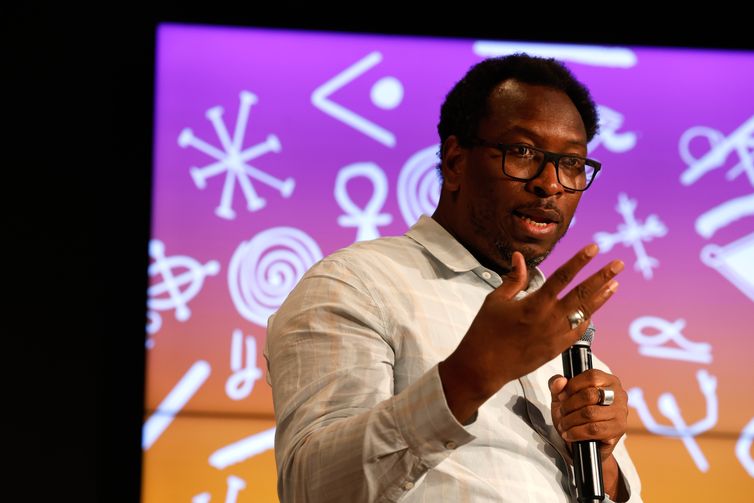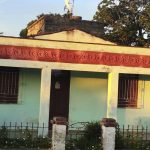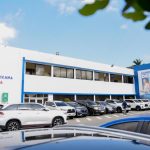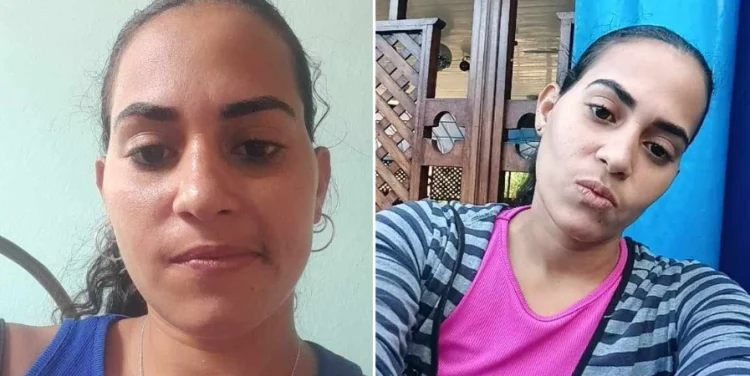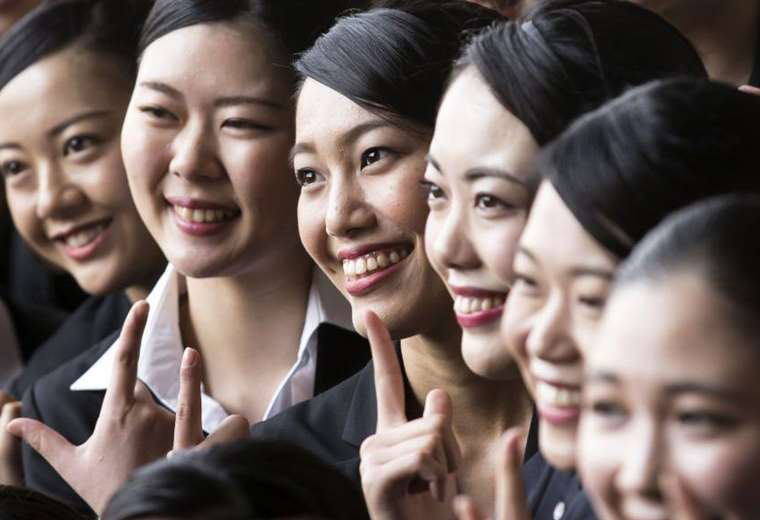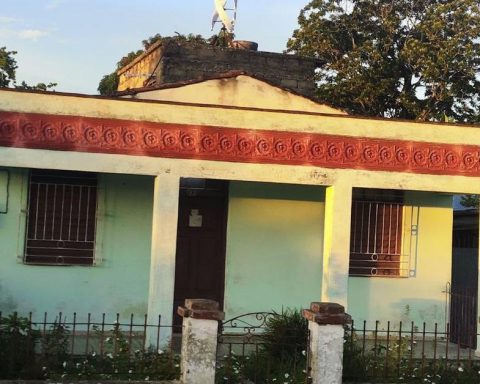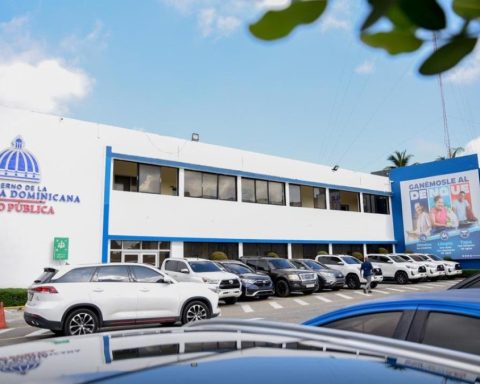On the eve of the Independence Day holiday, when Brazil will complete 202 years of formally breaking with colonialism, the black Portuguese-Senegalese intellectual Mamadou Baila Ba – one of the most prominent anti-racist voices in Portugal – questions the idea of independence where there is racism.
“It is not possible to be independent in a racist world”, says the activist, who participated, on Thursday (5), in the 2nd International Congress of Afrodiasporic Studies, promoted by the Social Service of Commerce (Sesc), in Rio de Janeiro.
The statement was made when asked by Brazil Agency whether the black Brazilian population can consider itself independent. Mamadou Ba extended his opinion to any place in the world where there is racism. And he cited the period of the covid-19 pandemic, which began in 2020, as an example.
“Who were the soldiers in the war against the pandemic? It was black bodies. It was the army mobilized to keep the economy going. In the Western world, this was very evident. Who sustained the essential jobs in the economy? Distribution, manufacturing units, supermarkets, who? Non-white bodies. Everywhere in the world, it’s global,” said the intellectual, who made quotation marks when using the word “essential.”
“Post-colonial societies are societies of chromatic dependence, in which the idea of race, as a line of definition of belonging to humanity, remains. Until it is defeated, black people will not be independent,” added the activist who was born in Senegal, Africa, and went to live in Portugal, where he acquired dual citizenship.
Mamadou Ba is a translator and holds a degree in Portuguese language and culture. Since 1999, he has led the international movement SOS Racism. In 2021, he was one of the winners of the Front Line Defenders award, which recognizes the careers of defenders of human rights causes around the world, such as combating racism and empowering minorities.
The intellectual argues that the word slavery should always be written with a capital “e”, to indicate that it was a crime against humanity, as well as a genocide.
According to him, the Afro-diasporic population, that is, formed by enslaved black people who were forcibly removed from the African continent and their descendants, managed to create an identity that served to defend this population, a form of “aquilombamento”.
“If we hadn’t loved each other, we wouldn’t have survived,” he says. “One of the main attributes of diasporic identity was transforming memory into resistance. The quilombola movement served to defend us.”
Mamadou Ba argues that Afro-diasporic identity should seek sovereignty rather than equality.
“I rarely use the word equality. It’s a matter of strategy for me. I don’t want to be the same as anyone else. I want to be respected. Equality is a consequence of respect,” says the activist.
For him, one way to gain respect and recognition involves changes in school curricula.
“We need to decolonize the curriculum. We don’t want to rewrite history, we want to write our history. It’s not a question of sectarianism. It’s a question of affirmation,” he said, citing an initiative in his home country, Senegal, where some schools teach the language of indigenous peoples. “Language is a tool of power.” Senegal was a French colony, with French being the official language.
The Portuguese-Senegalese activist is a defender of Pan-Africanism, which he classifies as a political proposal to liberate any oppressed person. At various points in the lecture, he uses quotes from the French black philosopher Frantz Fanon (1925-1961), a renowned author in the line of research on post-colonialism, which studies the social, psychological and structural impacts of racism.
“Fanon said that ‘being black defines the place I occupy in racist society’”, he quoted.
The congress organized by Sesc RJ will continue until next Saturday (7). The program includes a series of activities, such as lectures, discussion groups and workshops. The public can subscribe to participate, free of charge. This Friday (6), Mamadou Ba will launch the book Anti-Racism: Our Fight is for Respect, Love and Dignity.
The cultural analyst at Espaço Arte Sesc, Ara Nogueira, explains that bringing an expert on the African diaspora to talk about the subject in a country so marked by racism, such as Brazil, is a way of thinking about social and world transformation without a colonizing bias.
“Not to bring the narrative only of suffering, of pain, but of transformation, strength, power, sensitivity. A construction of life that involves the construction of art, intellectuality, learning processes and knowledge.”
